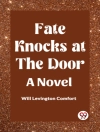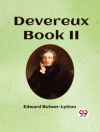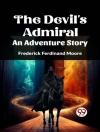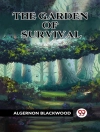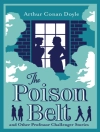In ‘The Straight Path & The Guarded Heights’ by Charles Wadsworth Camp, the reader is immersed in a captivating tale of self-discovery and personal growth. The book is written in a lyrical and engaging style, with Camp’s vivid descriptions painting a vivid picture of the landscapes and emotions encountered by the protagonist. Set in a time of great upheaval and change, the novel explores themes of identity, courage, and the pursuit of truth, making it a thought-provoking read for lovers of literary fiction. Camp’s ability to blend the personal journey of the protagonist with the broader societal context adds depth and complexity to the story, keeping readers engaged until the very end. Charles Wadsworth Camp, with his background in psychology and philosophy, brings a unique perspective to ‘The Straight Path & The Guarded Heights.’ His insights into human behavior and motivation shine through in the characters he creates, adding layers of nuance to the narrative. Camp’s own experience grappling with questions of identity and purpose likely influenced the themes explored in the book, making it a deeply personal and resonant work. I highly recommend ‘The Straight Path & The Guarded Heights’ to readers seeking a thought-provoking and beautifully written novel that delves into the complexities of the human experience. Camp’s expertise in psychology and philosophy shines through in this captivating story, making it a must-read for anyone looking for a literary journey of self-discovery and enlightenment.
About the author
Charles Wadsworth Camp (1879–1936) was an American author, best remembered for his mysteries and potboilers. He is father of the celebrated author Madeleine L’Engle. Some of his works were also adapted into films.


